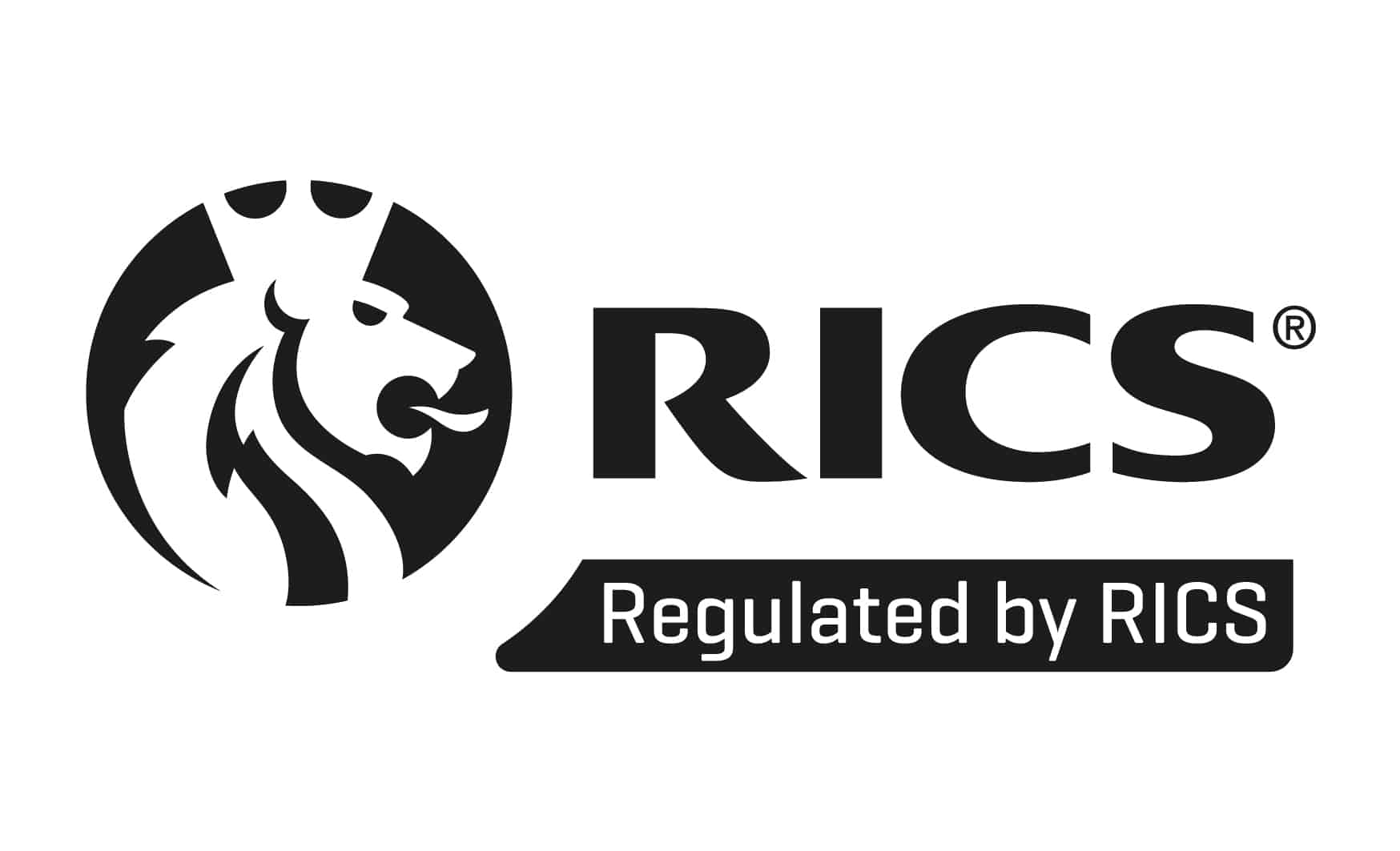In amongst scraping together your deposit and going to the endless viewings needed to find your dream home, your mortgage rate can get overlooked. Even if you already have a mortgage, living week to week under an avalanche of other bills and responsibilities, your mortgage rate quickly gets pushed to the back of your mind.
But a few hours spent assessing the right mortgage rate – the interest rate charged by your lender – can save you thousands over the course of a few years. The difference of even half a percentage point on your rate is crucial.
Here’s how to make every point count for you.
1. Maximise your credit rating

It’s important to understand how banks assess the mortgage rate they can offer you. The first, and sometimes only, thing a prospective lender look at is your credit rating. David Blake, Principal Mortgage Adviser, Which? Mortgage Advisers says, even if your rating is quite high, always try and drag it higher. Companies such as Experian and Noddle allow you to check your credit score for free.
“Do a forensic check on your credit history. Make sure bank statements are going to the right addresses, remove any gaps in your residency history. It might take a day to sort out, but one day off work sorting it all pays off. One customer we had, had a mobile phone default on their credit file. They contacted the provider and they removed it straight away. That completely changed their history and the mortgage rate they could have.”
It may seem unfair, but even if you believe you are in the right about a credit mark against you, it is always better to pay it off now and then appeal it rather than letting the mark sit on your rating.
Blake says, “My advice to people is, if you have a credit mark on your history on the basis of a minor dispute with a company, it is usually worth paying the cash and then appealing it, even if there is a principle at stake. If you have a default on your credit history the affect on a 25 year mortgage rate is massive. A few pounds now is simply not worth the eventual cost. Pay it, then appeal it.”
2. Get independent advice
It’s easy going into your bank and taking the best that is on offer to you, but the best rate for you will not always be the most obvious. Seek out the best independent advice from a mortgage broker and go armed with as much of your documentation – payslips, bank statements, property value and deposit size.
“All mortgage advisors should have reviews and service ratings. Speak to them on the phone, get a feel for them first. They should provide you data as to how many customers take mortgages off them and how many reach completion,” says Blake.
Some advisors do charge a small fee – Which? offers a free consultation but then charges for arranging your mortgage. Some don’t charge, but that’s because they are being paid by mortgage lenders and will therefore only recommend certain products. You should be able to find a good one for less than £300.
Speak to Finance Planning today on 01444 449200.
3. Know your rights
Once you have found your dream home, many estate agents will insist you sit in and meet their advisor. You do not have to use their estate agent broker, says Blake, and it breaks regulations for them to insist that you do.
“If you are sat in with an in-house mortgage advisor always ask how are they re-numerated, are they just offering you deals from one place, are you getting the best deal?” How many lenders do you recommend on?”
Always check your advisor is fully CEMAP qualified.
4. Boost your deposit
Deposit thresholds are important with mortgage rates. I.e. if you are close to turning a 95 per cent mortgage into a 90 per cent mortgage, that can be as much as a whole percentage point on your mortgage rate. Always check if you are close to a threshold on your current deposit as even a few hundred pounds can make a big difference, says Blake.
“When you add up that one percentage point over 25 years it makes a big difference. If you can eek out a bit extra on a deposit now it can return very quickly on your mortgage rate.”
There are also accounts where your family can help, without actually lending you the money. Blake says, “Many banks like Barclays do a spring-board type product. This is a specialist scheme where your relative – a grandparent or parent, say – opens a savings account with the bank and that cash acts as a buffer for what you pay on your mortgage.”
5. Changing your rate

With interest rates low and widespread uncertainty in the property market, now is a good time for existing home owners to remortgage and adjust their rate. There are some fantastic 10 year fixed rates available at the moment, advises Blake, but critically these will be based upon what your property is valued at. With that in mind, don’t simply take your banks estimate of how much your property is now worth.
“It’s important you do seek an independent valuation on your property it may well vary from the information your lender has on your property. Most lenders are happy to value your property, they might charge, but it’s very often worth doing that.”
Also look at the length of your mortgage. Increasing to a 30-year loan, rather than a 25-year loan, could save a significant amount in your repayments each month. Be aware you will end up paying more interest in the long run. But you can always re-mortgage and re-negotiate the length again when your fixed term comes to expire.



